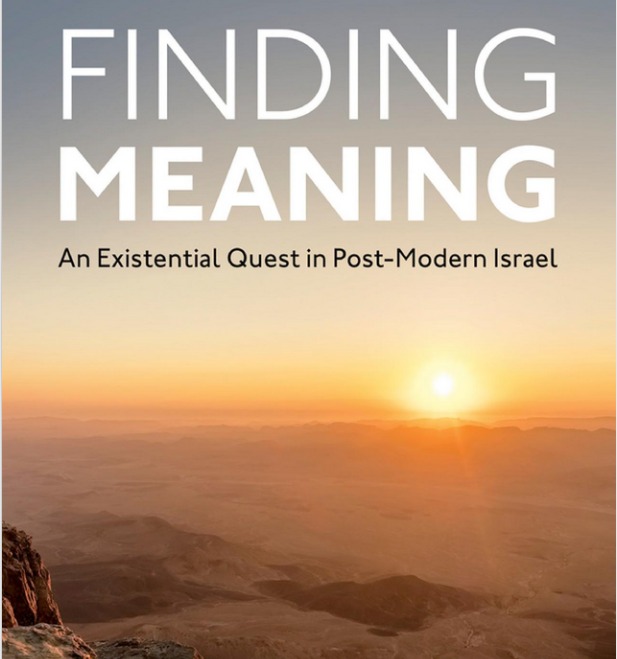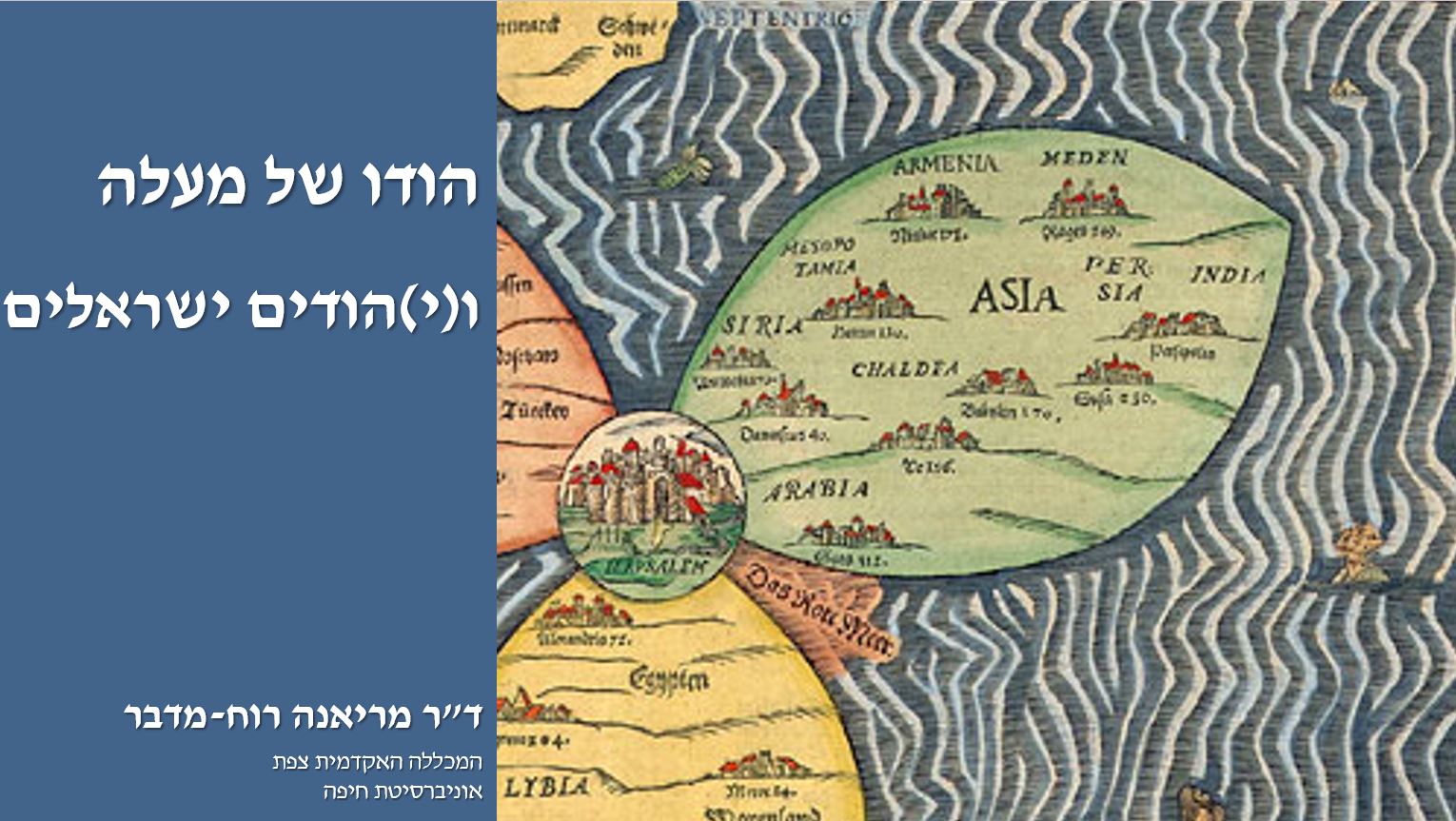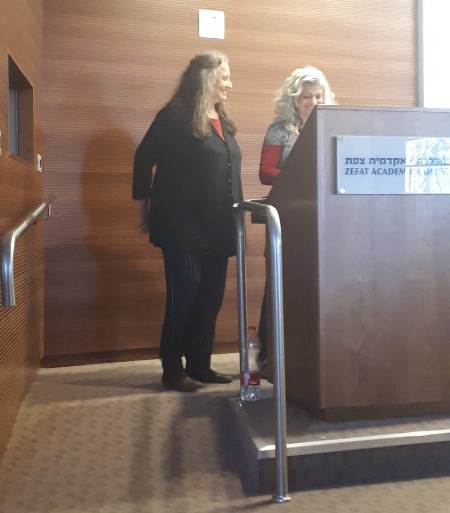The spiritual journeys Israeli-Jews make to the Far East do not merely provide them with experiences and revelations, but also help them reclaim meaning, answer life’s questions, and shape their identity and lifestyle. Surprisingly, some journeys end in embracing Jewish tradition. Why – and how – do secular Israelis, who have never shown any interest in the spiritual matters and aspects of their native tradition, find, following their journey, that Jewish spirituality is relevant to their quest for meaning? This article conducts a critical discussion on the easternization thesis (which claims the West is undergoing a profound paradigmatic transformation), culminating in the conclusion that the East is not Westerners’ and Israelis’ true object of desire, but rather an object upon which they project their Western/Israeli discomfort, passions and images. Judaism, which has been going through an exoticization process within the framework of local New Age – much like the Far East in global spirituality – has been adapting itself to their coveted imagined model.
The article (about 8,500 words) is included in an anthology on the subject of "the search for meaning in the Israeli cultual scene", published by Oxford University Press, and edited by Ofra Mayseless and Pninit Russo-Netzer.







